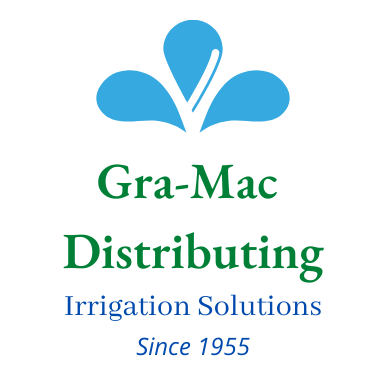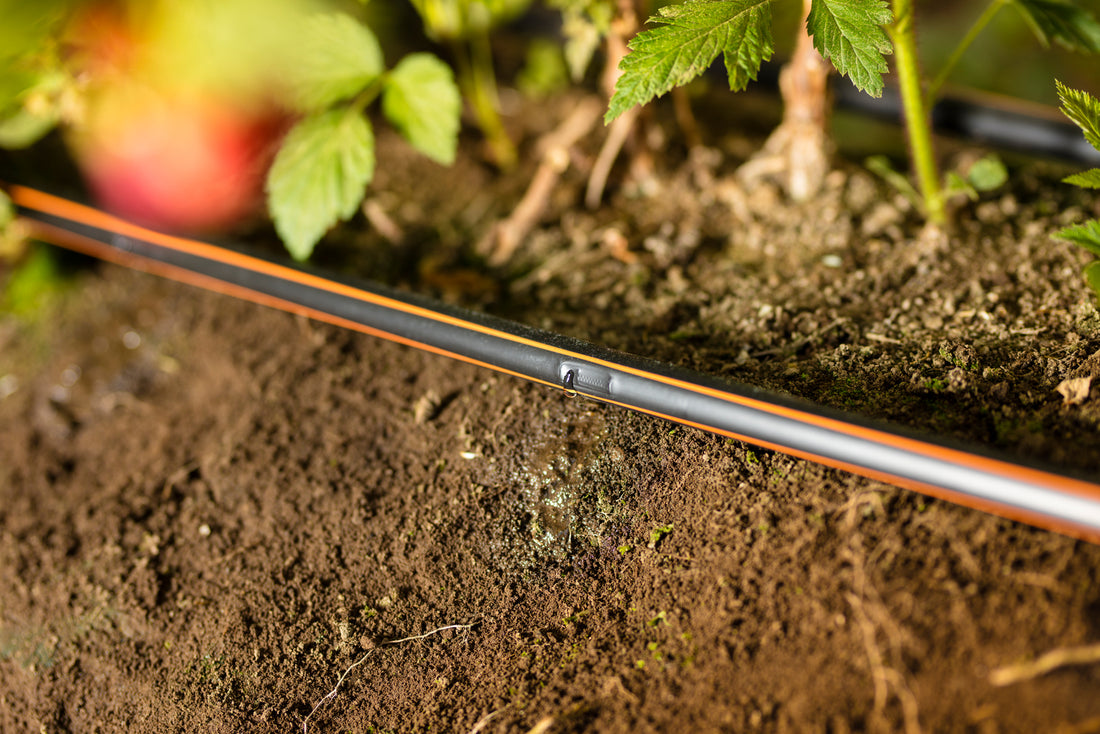Drip irrigation is a method of watering plants by applying water directly to the roots through a network of drip tape or tubes and emitters. Drip irrigation in North Carolina and other places has gained popularity due to its numerous benefits that traditional watering methods cannot match.
Water Conservation
One of the primary advantages of drip irrigation is its efficiency in water usage. This method can reduce water usage by up to 50% compared to traditional watering systems. By delivering water directly to the roots, there is minimal evaporation and runoff, ensuring that every drop is utilized effectively.
Improved Plant Health
Plants thrive when they receive consistent and precise watering, which is exactly what drip irrigation provides. By delivering water directly to the roots, plants receive the right amount of moisture they need, leading to healthier and more robust growth. This method also reduces the risk of diseases caused by overwatering or wet foliage.
Weed and Pest Control
Traditional watering methods can inadvertently promote weed growth by watering the entire garden surface. Drip irrigation, on the other hand, targets the roots of plants, minimizing weed growth. Additionally, by keeping the foliage dry, this method reduces the risk of fungal diseases and pests that thrive in moist environments.
Time and Labor Savings
Once a drip irrigation system is set up, it requires minimal maintenance and monitoring. This means less time spent watering the garden manually, allowing gardeners to focus on other tasks. The automated nature of drip irrigation also ensures that plants receive water consistently, even when the gardener is away.
Environmental Benefits
By reducing water usage and promoting plant health, drip irrigation has positive environmental impacts. It helps conserve water resources, reduces the need for chemical pesticides due to healthier plants, and minimizes soil erosion caused by runoff from traditional watering methods.
Overall, the benefits of drip irrigation make it a smart choice for gardeners looking to improve the efficiency and health of their plants while conserving water and promoting environmental sustainability.


